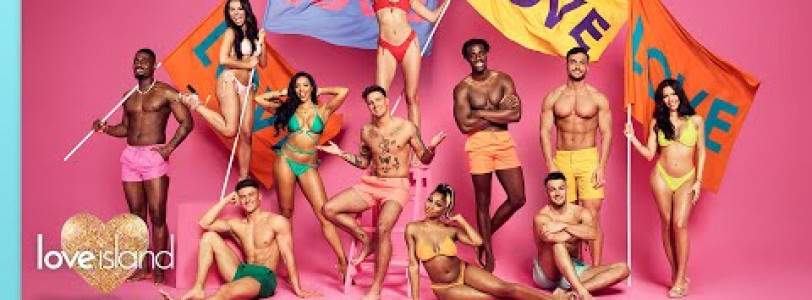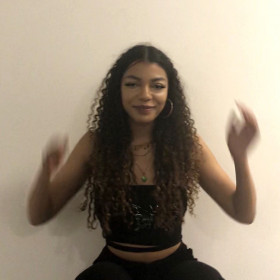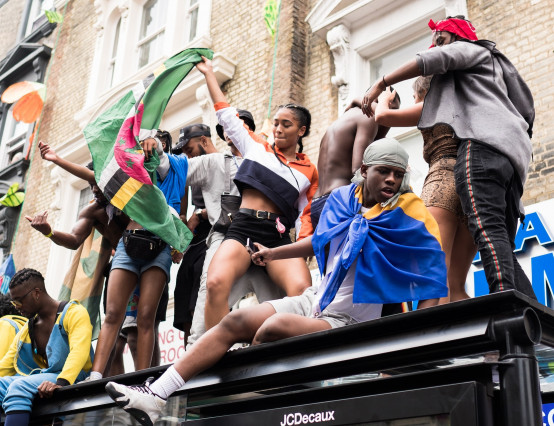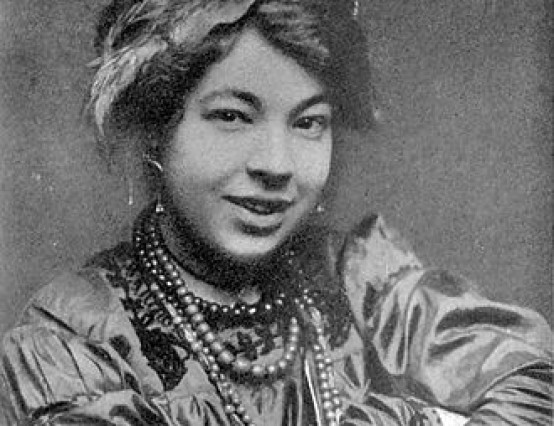As Love Island debuted to appear on our screens again on Monday, the hype around this year’s contestants has raised questions about this year’s representation of Black people. Not only are there frustrations for the lack of ‘real’ people on the show (have they all been plucked from insta?!), but there have also been reservations from the Black community surrounding what type of representation will be given to Black men and women.
This year we have seen two black women, Indiyah Polack and Amber Beckford, and two black men, Ikenna Ekwonna and Dami Hope, as the first contestants to enter the villa. Whilst this is a great example of diversity, there are qualms over whether the intent is right or whether the Black islander's experiences are being considered.
Last year’s contestant, Rachel Finni, took to YouTube last month in an interview explaining her unfair portrayal on the show. There was an alarming unearthing that Finni described, including the revelation that she was only put in the show because Love Island had received a climactic amount of backlash as there wasn’t enough Black representation. She details how a disabled person and an NHS worker were also on standby if the public weren’t happy with the contestants.
However, adding more diversity to the show doesn’t completely eradicate the underlying issues revolving around racism on the show. The issue stems from preference. Most of the people on Love Island have shared a similar preference – and, unfortunately, it usually isn’t for people of colour.
Contestants on the show tend to use certain buzzwords to explain their type, e.g., “brunette”, “blonde”, and “blue eyes”. Yet, these ever so common phrases tip toe around the preference that actually matters if you are a Black person going on the show – race.
A controversial yet prevalent theme that some have noticed is that Black women, in particular, who take part in the show are at a disadvantage. The show's first-ever Black female contestant was in season 4, Samira Mighty, who was in there for five weeks. Yet, her experience was unsettling for many Black viewers as we saw her be the last pick on many occasions. The anticipation for a Black woman to be the face of Love Island quickly became a realisation that British reality TV still has no place for Black women (other than loud, aggressive, caricaturing or funny stereotypes).
What started as a reflection of the UK dating scene has become an embodiment of the racial undertones in today’s society and media.
Samira Mighty has also spoken up after the show to express her concerns over the disingenuous appeal to diversity, resulting in tokenism on the show. When Yewande Biala appeared on the show, Mighty told The Mail on Sunday, "It’s obvious what is happening. She is the only Black girl and has little interest from the men, who seem to like blonde white girls with big boobs.
It says a lot when nearly every Black female contestant has complained about their representation on the show. It shows that something radical needs to happen within ITV’s screening process for applicants, and this year with two black men and two black women being the first in the villa, we can hope that they haven’t just been put in there to make up numbers.








0 Comments